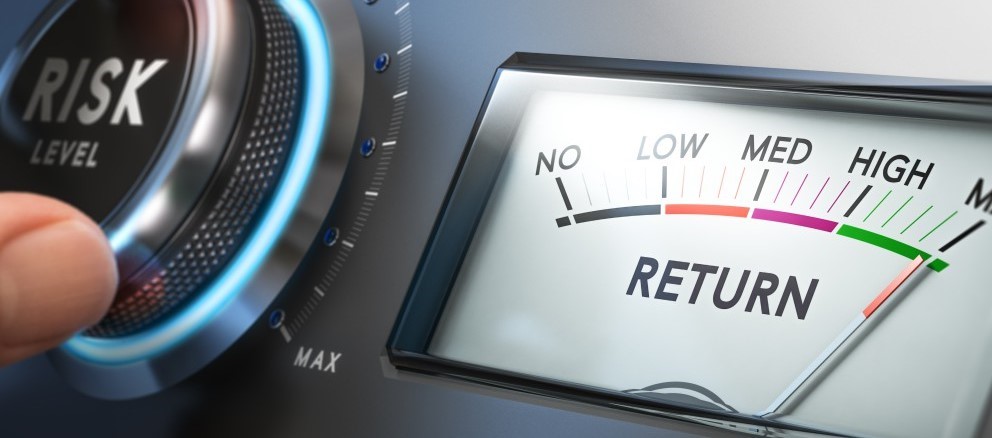Stephen Thaxter, Senior Partner, Sovereign Wealth Partners
There’s an exercise called risk profiling that you do in one of your initial adviser meetings. It’s like a personality test on investment risk, so the eventual portfolio we recommend takes into account the risk you’re prepared to take.
You might have forgotten all about it. It might have seemed a little contrived or simplistic. But you should know that this risk profiling, more than anything else, is likely to be the primary driver of the long term returns in the portfolios we recommend.
It’ll impact the highs, the lows and the long-term compounding. That’s important.
So important that we’ve rebuilt our own risk profiler from scratch, so we can better integrate it with our portfolio construction process. You are most welcome to try it here, it’ll take 10 minutes or so. Have a read of your result and then chat it through with us.
The questions might seem hypothetical but there are so many nuances to getting this right. For instance, we know that the current market mood can have an impact on your score. When investment markets have been going well, investors tend to have a higher appetite for risk than when things are going badly (they seek more upside and believe they can cope with more downside). The reverse is true during downturns.
And move beyond the hypothetical – how much did your portfolio fare during the bond market crash of last year? What about the Global Financial Crisis? Sharemarkets halved. Most portfolios took 4-7 years to recoup the lost ground even if they were well diversified. Did you ever feel compelled to cash out irrespective of your adviser’s advice? Were you ever caught short of cash – did you have to sell assets in distressed markets?
Every downturn is uncomfortable, but in a major one it would be disastrous to feel compelled to sell out, crystalise losses and then miss the eventual recovery. On the other hand, if the investment strategy is too cautious you may not earn enough to do all the things you want to do. Like many things in life, it’s a question of balance.
Finally, as we age our risk tolerance tends to change too. Usually we become a little more risk averse, although not always. So we usually recommend taking a new test and chatting it through with your adviser at least every few years.





